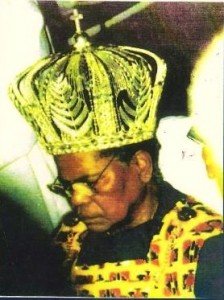Last time I was into reading Agatha Christie novels, i.e. the mid-1990s, it was not so easy to get on the internet and search engines were not great (awww, AltaVista). So if I read a word or phrase I didn’t get, I just jumped on ahead and kept going. They were really only touches of color, not essential to comprehension.
Agatha gets a bad rap as a writer (and unjustly), and one of the many ways to disprove the accusation is to have a closer look at the little details she amasses to flesh out her worlds. As I’ve said before, she is mostly a charcoal sketch artist, not a colorful mosaicist. But that means she can capture with just a few strokes enough to evoke a whole world. So this time around, I took her up on her visual clues as much as her mystery clues, and went to the trouble of looking up online what I didn’t already know.
While I did learn some actual vocabulary words from Agatha—like ”prognathous,” “catlap,” and “cacography”—and took note of some of her favorite descriptive terms of phrase that seem to be unique to her—”boiled gooseberry eyes,” “blue eyes put in with the smutty finger,” and “hatchet-faced”—what I liked best were very solid nouns with very distinctive looks to them. Hence, here are my favorite additions to my visual vocabulary from the whole range of her oeuvre…
Read more










